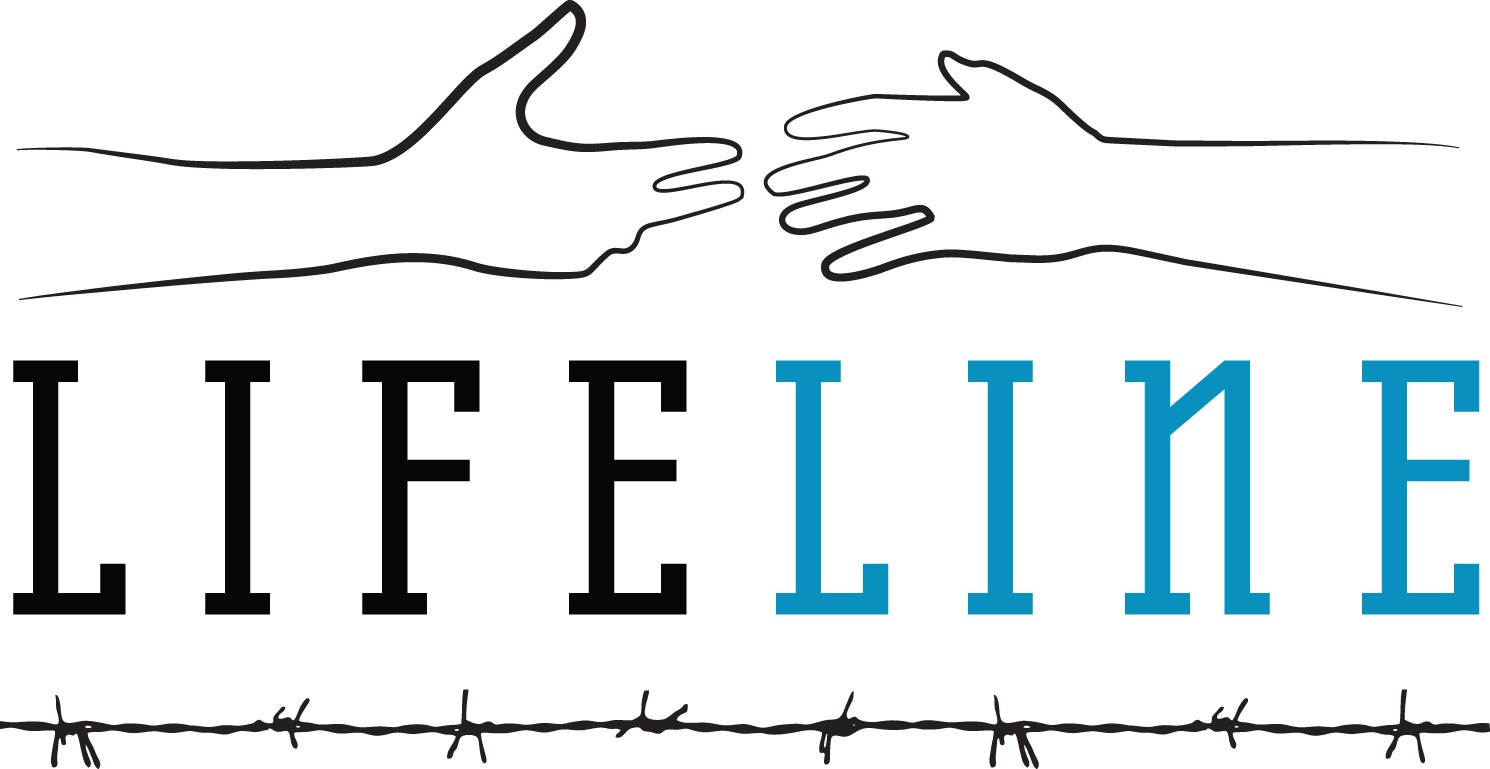State of Civil Society Report by CIVICUS 2023
/Civil society battles global human rights, governance and climate action failures - CIVICUS
The annual report by the global civil society alliance assesses activism around the world in 2023 and analyses the year’s events from a civil society perspective. The report is based on over 250 interviews and articles published by CIVICUS covering over 100 countries and territories.
Read the report here: https://www.civicus.org/index.php/state-of-civil-society-report-2024



